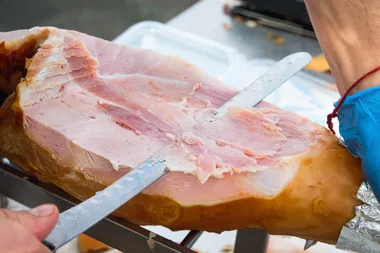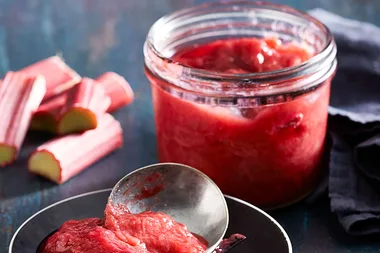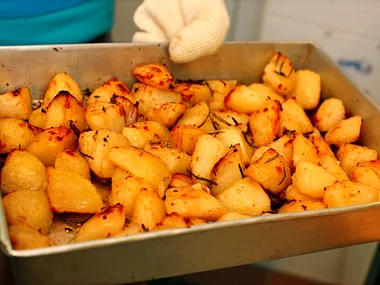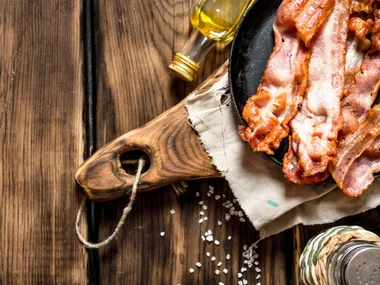WATCH: How to make pan-fried Mexi-chicken with beans
Are baked beans good for you? Absolutely, as long as you choose the right beans and the correct method of cooking them. Like any food, there’s a specific way of preparing baked beans to ensure that you get the most out of its nutrients. So if you’ve been eyeing that can of Heinz beans in your pantry wondering about the best way to prepare it, we’ve got you covered.
RELATED: Mexican beef and bean pastry fingers
What are baked beans?
Baked beans are legumes (usually from white beans like cannellini or haricot) soaked in tomato sauce with various herbs and spices. For the most part, baked beans are just legumes and sauce, but some brands might offer additional ingredients like potatoes, pork, and other additives for flavour. You can buy a can of baked beans from your local Coles or Woolworths, but if you’re feeling a little adventurous you can actually make them at home.
Baked beans are a popular snack all over the world, but are a staple in Scottish and English breakfasts. As a readily accessible source of protein and fibre, baked beans are an excellent addition to any diet. The low calories and vegetable content of baked beans make them one of the healthiest foods you can snack on!
Baked beans nutrition: the pros and cons
The good
Aside from being a good source of minerals like iron, baked beans are packed with non-fattening carbs and other nutrients essential for our daily consumption:
These ingredients can help regulate your gut, help with digestive trouble, aid your intestinal bacteria, and even lower cholesterol.
The bad
Baked beans are fine on their own, but store-bought and canned varieties are different. Since they’re loaded with preservatives and flavouring, they have much more of extra sodium and sugar than homemade baked beans. On average, half a can of baked beans can contain 10% of the daily reference intake of sugar and 20% of the daily recommended of salt.
With this in mind, it’s best to check all the ingredients you’re using to make sure that you’re getting the nutrients you want, especially if you’re watching your weight.
The best way to eat baked beans
So what’s the best way to enjoy baked beans? Here are some tips:
- Always make it at home. If you have the time, baking beans yourself is a great way to make sure it stays salt and sugar-free. This is also an ideal way to keep track of the calorie content if you’re on a weight-loss diet.
- If you’re getting canned baked beans, don’t eat them all in one go. As we’ve said, half a can of baked beans can contain a lot of salt and sugar. While they may be rich in fibre, they’re still below fruits and vegetables in terms of nutrient content.
- Combine them with other food. Baked beans are healthiest when combined with meals that can provide a good balance of nutrients.
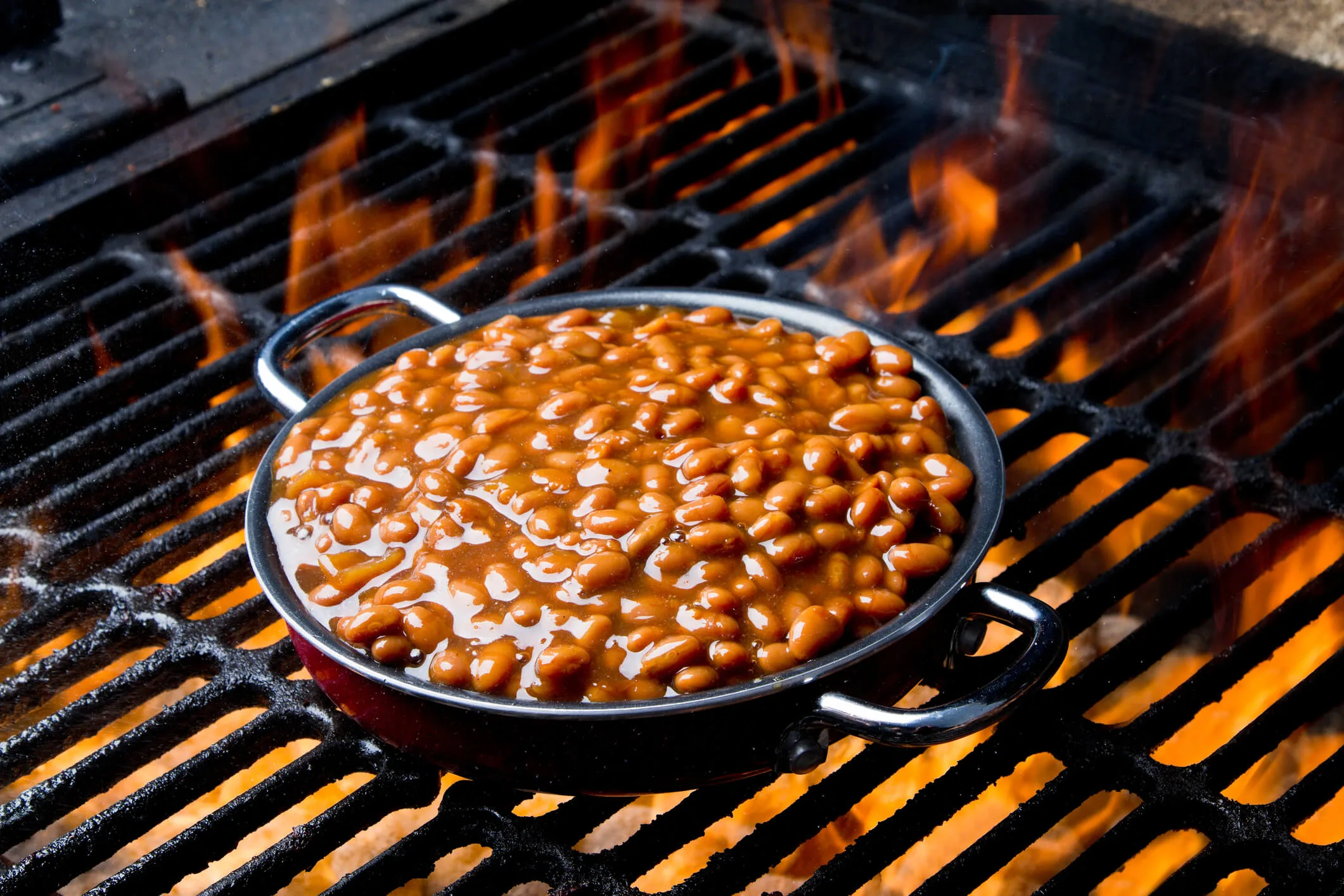
Are baked beans vegan?
While the core ingredients of baked beans are vegetables, they aren’t always vegan. Canned baked beans in particular have no guarantee of being vegan-friendly, and there are some brands that offer meat bits with their canned beans. If you’re planning on buying canned beans, always check the nutritional label and ingredients list to make sure you’re getting the correct vegan-friendly product.
Other than that, the best way to make sure that your baked beans are vegan and gluten-free is by making them at home. Here are some recipes we found online:
With the correct preparation and amounts, baked beans are a great addition to any diet. Not only do they provide essential nutrients, but they’re a good snack that goes well with almost anything!
RELATED: These are the hot new health food trends for 2019
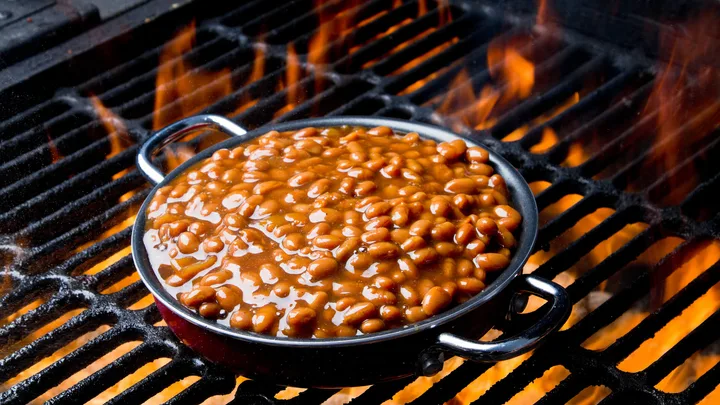 Getty
Getty




